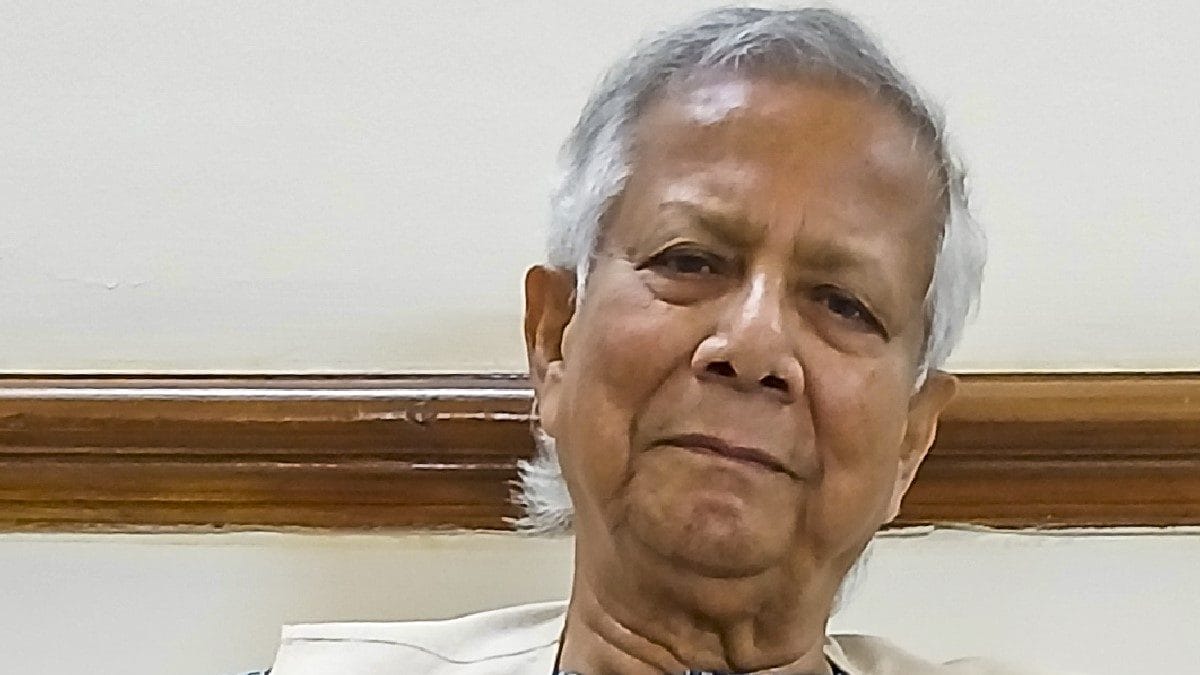Bangladesh, a nation grappling with political instability and a newly installed interim government, has made clear its desire for a robust and balanced relationship with its neighbor, India. While seeking friendly ties, Bangladesh asserts that the foundation of this relationship should rest on the principles of equity and fairness, underscoring the importance of mutual respect in fostering a healthy partnership.
Bangladesh’s Stance on India Relations
The interim government, spearheaded by renowned economist and Nobel laureate Muhammad Yunus, has signaled its intent to foster positive relations with India. However, it emphasizes the need for an equitable partnership based on shared respect. Yunus, while acknowledging the importance of good ties with India, stressed the need for a relationship grounded in principles of fairness and mutual benefit. This perspective highlights a desire for a more balanced relationship, moving beyond historical dynamics and toward a partnership based on equality.
Emphasis on Equity and Mutual Respect
Yunus’s statement reflects a growing sentiment within Bangladesh, particularly in the wake of the recent student-led protests and the subsequent political upheaval. Many see the need for Bangladesh to assert its autonomy and advocate for its interests more forcefully on the global stage. This desire for equity and mutual respect is further solidified by Yunus’s emphasis on reviving the South Asian Association for Regional Cooperation (SAARC), highlighting a belief that regional cooperation, built on fair and respectful principles, is essential for collective growth and progress.
Bangladesh’s Concerns Regarding Indian Narrative
Despite emphasizing the desire for positive ties with India, the interim government has expressed unease regarding the narrative emerging from New Delhi. Yunus asserted that India should abandon the notion that only Sheikh Hasina’s leadership ensures stability in Bangladesh. This statement points to a perceived bias and influence-seeking tactic employed by India, potentially affecting the independent decision-making capabilities of the Bangladeshi government.
Addressing Perceived Influence and Bias
This concern about India’s perceived attempt to dictate Bangladesh’s leadership and political landscape reveals a sensitivity within the Bangladeshi government regarding its autonomy and sovereignty. The call for India to abandon the narrative of stability contingent solely on Hasina’s leadership can be viewed as a bid to foster an environment of respect and genuine collaboration, where Bangladesh’s own decisions and political trajectories are not subject to external pressures.
Reactions to Indian Defence Minister’s Remarks
Adding a layer of complexity to the already delicate situation is the recent statement made by Indian Defence Minister Rajnath Singh. His remarks, urging India’s military brass to analyze potential threats arising from situations like the Ukraine-Russia conflict, the Gaza conflict, and the ongoing situation in Bangladesh, have been met with surprise and concern from Bangladesh.
Balancing Security Concerns with Regional Diplomacy
Bangladesh, while acknowledging India’s legitimate security concerns, has expressed surprise at Singh’s statement, stating that they don’t foresee any imminent threat of conflict between the two nations. This reaction demonstrates a cautious approach from Bangladesh, aiming to maintain diplomatic stability and prevent the situation from escalating. The statement also reveals a degree of apprehension about the potential impact of Singh’s remarks on bilateral relations and regional security.
Take Away Points
- Bangladesh seeks strong ties with India, but prioritizes an equitable relationship built on mutual respect and shared benefit.
- The interim government calls for a balanced approach from India, avoiding undue influence on Bangladesh’s internal politics and leadership choices.
- Concerns have arisen regarding India’s assessment of the situation in Bangladesh, highlighting the need for open and honest communication.
- The importance of fostering regional cooperation through revitalizing SAARC remains a central theme for Bangladesh.
- Both countries face the challenge of balancing security concerns with regional diplomacy, requiring open dialogue and collaboration to ensure stability and cooperation.




